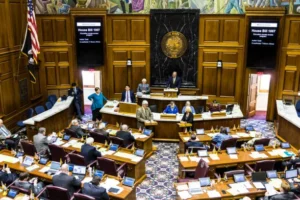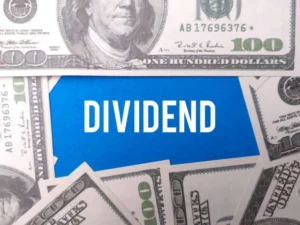Alaska’s battle against tobacco use has made gains, but rural communities continue to face stubborn obstacles, state officials reported. The use of smokeless tobacco, especially iqmik, a traditional mixture of tobacco, ash and fungus, remains steady in some Alaska Native populations.
Among smokeless tobacco users statewide, nearly 16% reported using iqmik, a statistic highlighting strong regional and cultural patterns. State data showed about a third of Alaska Native adults using smokeless tobacco between 2021 and 2023 favored iqmik products.
According to the health department findings, two-thirds of residents of Southwest Alaska use smokeless tobacco turned into iqmik. Despite these persistent challenges, the overall adult cigarette smoking rate in Alaska has declined sharply over the past several decades.
According to the report, the adult cigarette smoking rate dropped from 28% in the 1990s to 16% statewide in 2023. Among Alaska Native adults, smoking fell from 41% in 2013 to 29% in 2022, a notable improvement in health outcomes.
Still, about one in four Alaska adults use tobacco or nicotine products in 2023, a figure unchanged over several years. Alaska Tobacco Prevention and Control Program’s manager, Christy Knight, emphasized the need for comprehensive partnerships to sustain improvements.
Youth smoking trends showed even more significant progress, thanks mainly to targeted public health campaigns and aggressive tax policies. According to Alaska’s latest survey results, youth cigarette smoking plummeted from 37% in the 1990s to just 7% in 2023.
Youth e-cigarette use dropped from 26% in 2019 to 17% in 2023, though Knight warned that this figure would remain relatively high. The Alaska smoking decline coincides with national trends, though Alaska’s tobacco use rates still exceed national averages.
Meanwhile, state lawmakers are again pushing for legislation to tax e-cigarette products, a move that stalled in previous sessions. Senate Bill 24 and House Bill 49 both seek to impose new taxes on vaping products currently untaxed under state law.
Governor Mike Dunleavy has not indicated whether he would sign or veto a potential bill taxing e-cigarettes. Last time in 2006 Alaska last raised its tobacco tax, though several municipalities have introduced local taxes on vaping and tobacco. Officials stress that continued progress depends on expanded access to health care.










